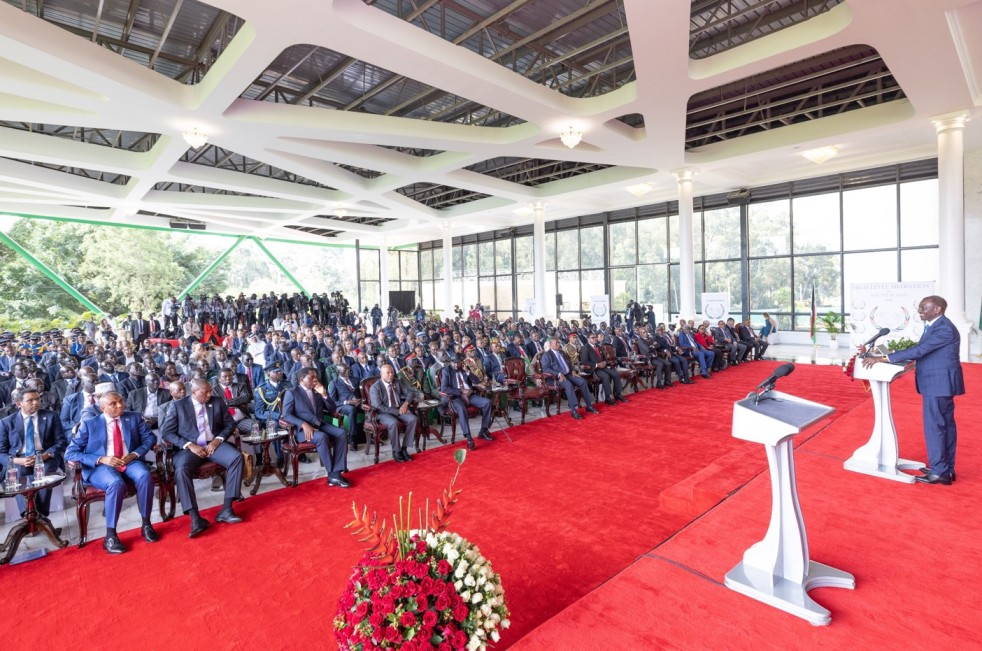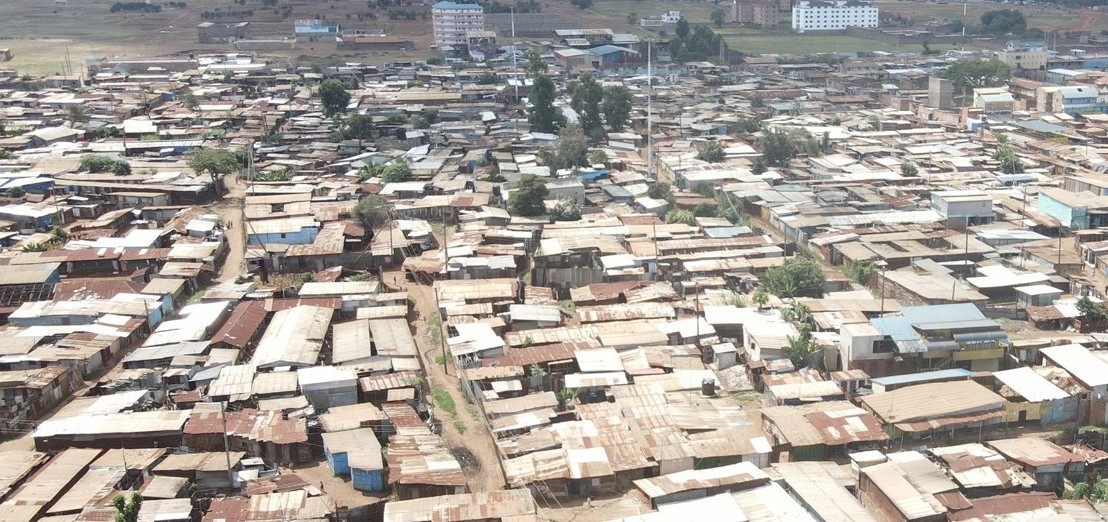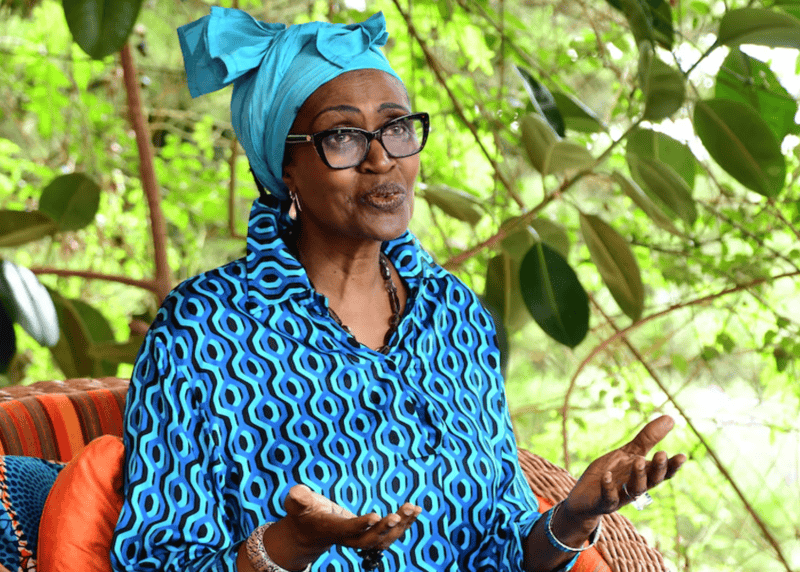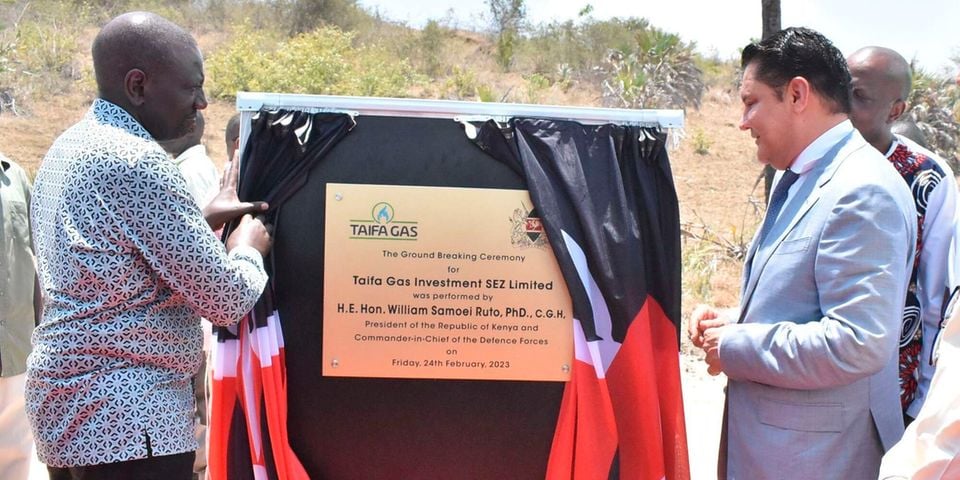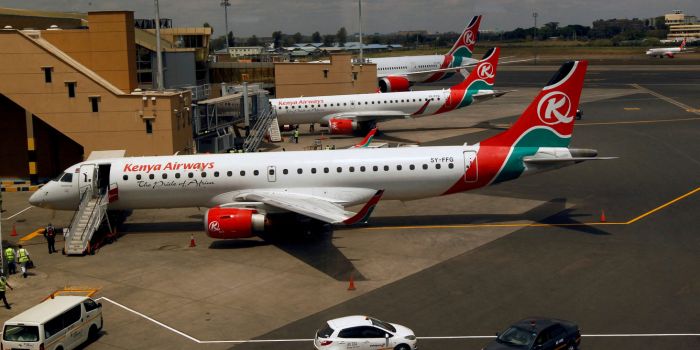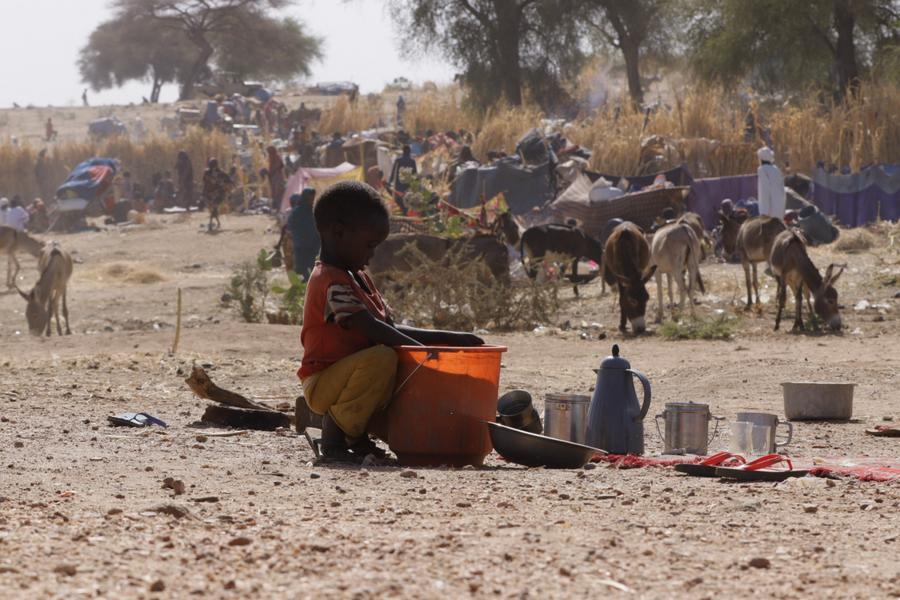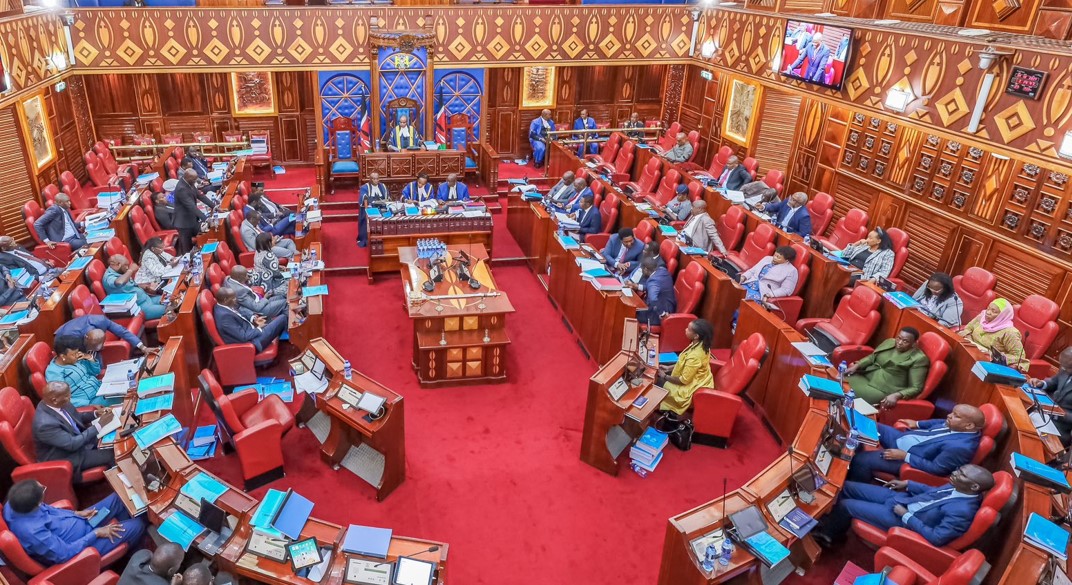Kenya’s prime office space occupancy surges by 25% in 2024
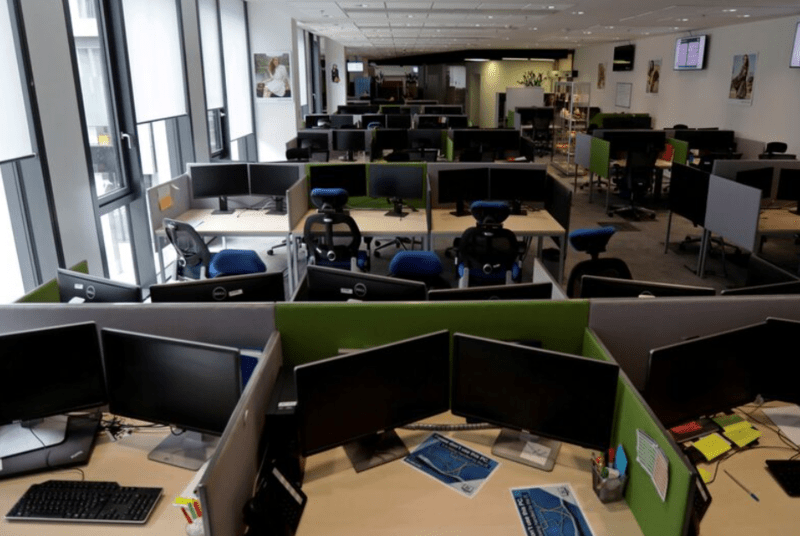
Knight Frank also points out the increasing emphasis on sustainability and green buildings as an emerging trend in the country and across the continent.
Prime office space occupancy in Kenya jumped 25 per cent in 12 months to June 2024, according to the latest Africa Market Office Dashboard report by global property consultant firm–Knight Frank.
The report notes that the office occupancy rate grew to an average of 75 per cent, a significant increase from the 60 per cent recorded during the same period last year.
More To Read
- Iconic Hilton Hotel building reopens as coworking space in Nairobi CBD
- Airbnb boom drives up Nairobi rents by 10 per cent, leaves long-term tenants struggling for space - report
- Agro-industrialisation and e-commerce drive Africa’s logistics market to record highs
- Kenya trails Uganda and Tanzania in attracting industrial investment - report
- Kenya's retail and hospitality sectors slow as consumers cut spending in 2025
- Kenya’s prime office rents stagnate for fourth quarter despite rising demand, Knight Frank report shows
The figure is also reflective of the situation in Lagos (Nigeria), Cairo (Egypt) and Dar es Salaam (Tanzania), among others, as business and private sector activities pick up in the post-Covid era.
Commenting on the figures, Knight Frank Kenya CEO Mark Dunford said the growth in office occupancy is despite an oversupply of office space in the country, mainly in Nairobi.
The city has traditionally attracted multinationals seeking to set a base in the East African region and oversight of other African markets.
"This growth underscores both, the return to traditional office settings post-pandemic, as well the focus by occupiers on best-in-class space, mirroring global trends, not least because of the links between talent attraction and retention," Dunford said.
Notably, the report highlights that prime rents in Nairobi have stabilised at $13 (Sh1,679) per square metre, with new developments like the US$ 50 million (Sh6.5 billion) Eneo project at Tatu City adding approximately 25,800 square metres of office space into the market.
Despite these additions, the market has shown resilience, with occupancy rates in Nairobi increasing slightly to 77.2 per cent in June 2024, up from 76.5 per cent at the end of 2023.
Knight Frank also points out the increasing emphasis on sustainability and green buildings as an emerging trend in the country and across the continent.
"Occupiers in the country and other key markets such as South Africa, Egypt and Morocco, are prioritising offices that meet ESG criteria," the report reads.
For instance, the Green Building Council of South Africa (GBCSA) has reported a 15 per cent year-on-year growth in green-certified buildings, now covering approximately 11.6 million square metres of space.
This trend aligns with global sustainability efforts as companies increasingly seek environmentally friendly workspaces to reduce their carbon footprint.
Knight Frank says many international businesses have a global mandate to occupy nothing less than ESG-rated space, with many willing to pay a premium for the privilege of doing so.
Other Topics To Read
Top Stories Today


